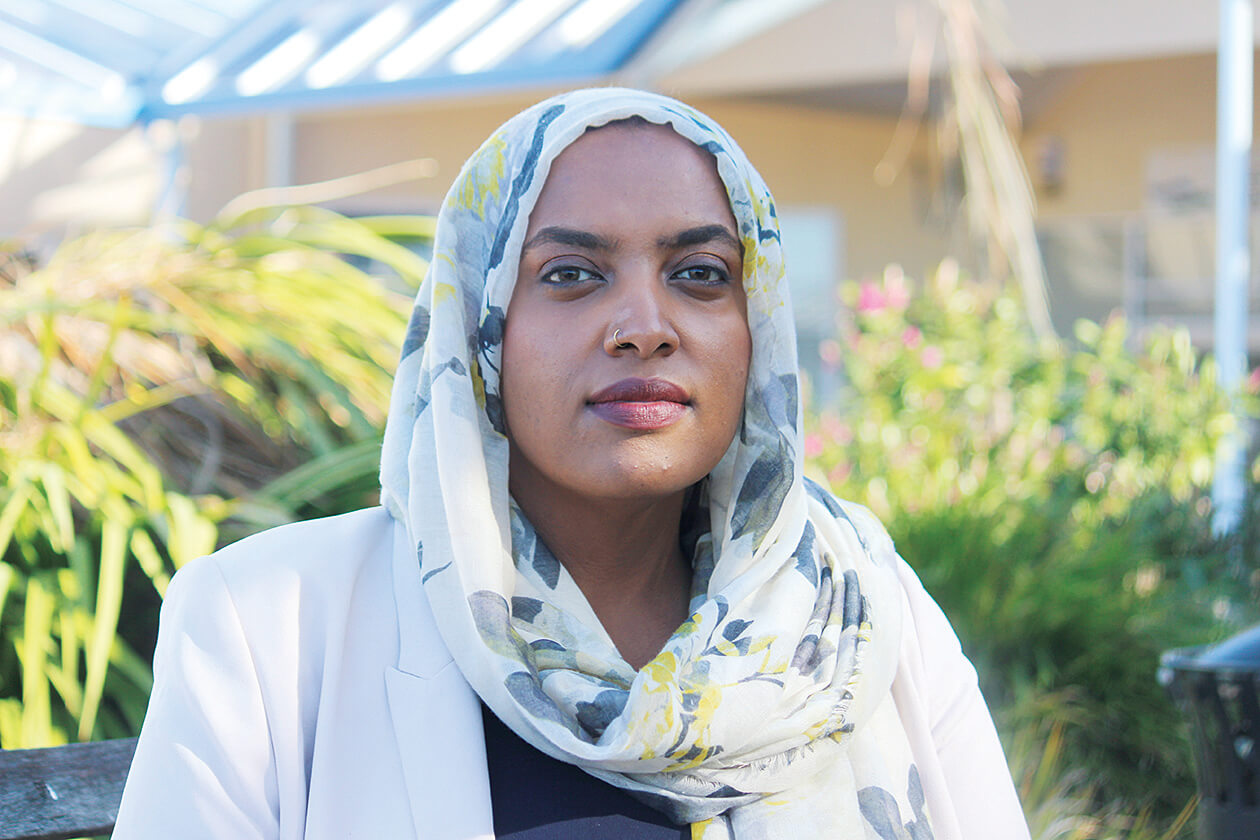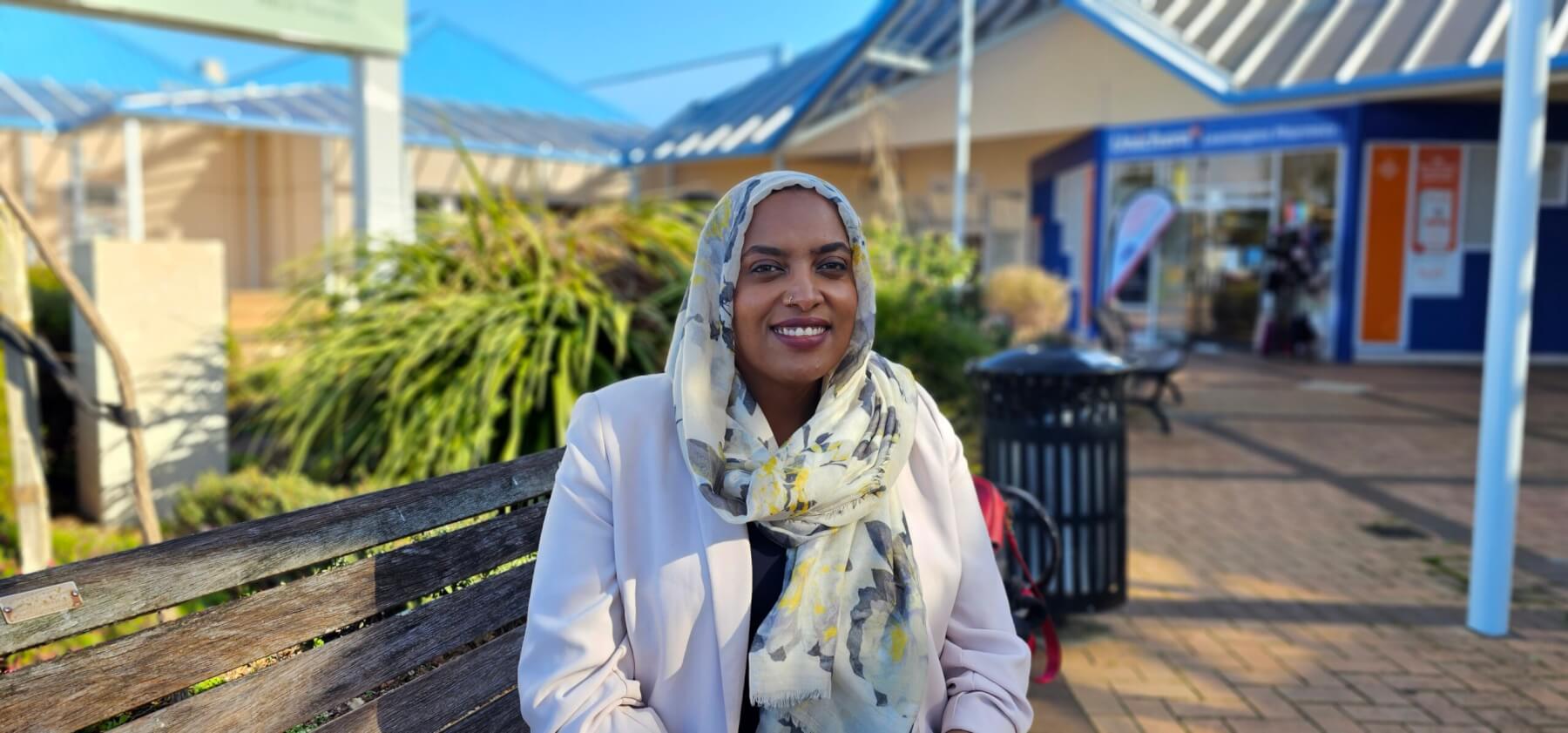A Sudanese doctor who has lived and worked in the Waikato for nine years, is urging New Zealanders to support her country’s urgent humanitarian needs during the current armed conflict.
Ala Farah works as a general practitioner at the Leamington Medical Centre. She, her husband Abdel Salih, a GP at Hillcrest Medical Centre and their three sons aged five, eight and 13, live in Tamahere.
But since April 15 Farah has been raising awareness to the deepening crisis in Sudan and on Saturday is joining others for a fundraiser at Wintec in Hamilton where there will be performances and speeches from the Sudanese, African and Middle Eastern cultures.
At the last Census in 2018, there were 231 Sudanese living in New Zealand.
Hundreds have been killed and more than a million people displaced after negotiations between the Sudanese Armed Forces, led by General Abdel Fattah al-Burhan and the Rapid Support Forces paramilitary group, led by General Mohamed Hamdan Dagalo broke down over which general would be subordinate to the other.
Farah describes them as two greedy, very selfish men who decided to pick a fight and civilians got caught up in it.
“I don’t see any other solution in sight,” she says, other than for New Zealand to denounce the conflict and help bring family members here.
The United Nations last week called on both parties to protect civilians and respect international humanitarian and human rights laws.
Hauraki-Waikato MP and Foreign minister Nanaia Mahuta recently said she was “gravely concerned” and called for a lasting ceasefire. New Zealand has provided $3.5 million in aid.
Farah has family members caught up in the conflict including a nephew who died last month of a gunshot wound. She is concerned for female relatives as there have been reports of sexual violence against women. In one case, 18 to 20 women were reportedly raped.
“I have been working to channel all the grief into raising awareness,” said Farah who was born in Khartoum, the capital city of Sudan, brought up in Dubai and returned to do her medical training and post graduate work.
In 2009, she and her husband moved to New Zealand as skilled migrants, living first in Auckland before moving south to work at Waikato Hospital.
“We’re now settled nicely into general practice and absolutely love it,” she says.
But the turmoil in Sudan, population 46 million, is taking its toll, particularly with the speed it happened.
It was only last year she returned to a peaceful Sudan for her cousin’s wedding.
“It was a delightful experience. When I think back to that and all the beauty I experienced and all the love, it is really hard for me to watch what’s going on.
“Just seeing the photos that are coming through, the videos on social media, seeing the news coverage, it is absolutely distressing.
“We’re so blessed, we’ve got a lovely life here. My kids, they’ve got their friends, they’ve got their activities.
“I have been living in a constant state of fear for my loved ones, my family, my home, and my people.
“As a doctor I’m worried because 80 per cent of the hospitals are in Khartoum – and we’re talking about a centralised health system – have all been damaged in this short period of time.”
Farah and other New Zealand-based Sudanese have called on the government to offer emergency visas like they did for close relatives of Ukrainian-born New Zealand citizens and residents.
But those wanting to leave Sudan must enter on the Refugee Quota Programme which can take up to a year to process.
“The reality is war is war and people dying is exactly the same – we need to take a stand regardless of the cause of the war because there are innocent people dying in both circumstances.”
She spoke at a Stand with Sudan rally in Auckland’s Aotea Square in April and continues to advocate where she can, including in the Waikato where she will join other Sudanese at Wintec’s Bill Gallagher Centre on Saturday from 11.30am to highlight Sudan’s confluence of cultures.
Farah is fascinated by the holistic side of being a GP, getting stuck into people’s lives and making a difference. In Cambridge and in Taupō where she works with 2021 general practitioner of the year Glen Davies at the Reversal NZ lifestyle medicine clinic, she likes to empower her patients to take control of their lives. Her particular focus is on reversing diabetes and working closely with women.
“When it comes to wellness and wellbeing there’s a lot more than (just) prescriptions. There’s a lot more we can do.”
If only solving the Sudan crisis was as easy.










